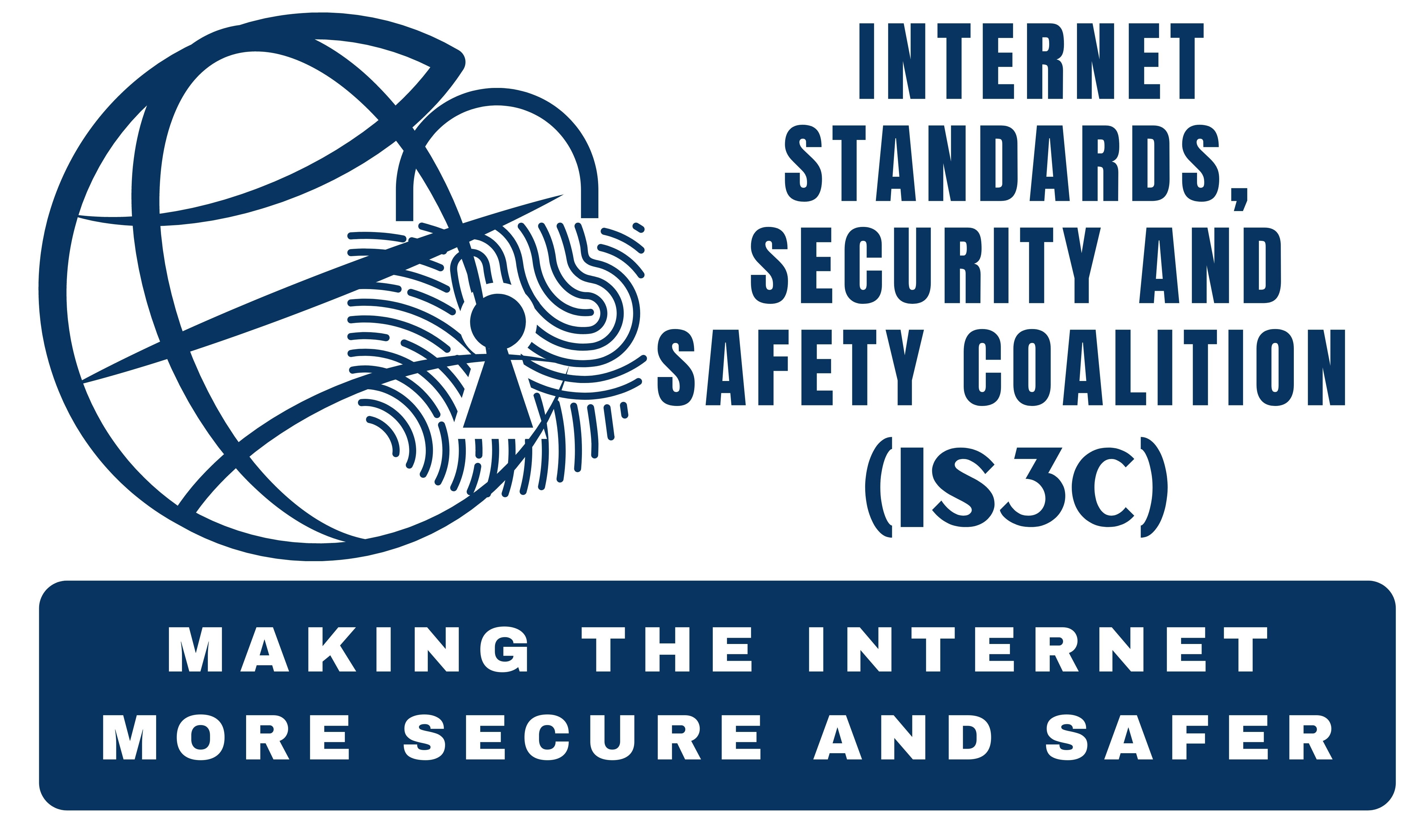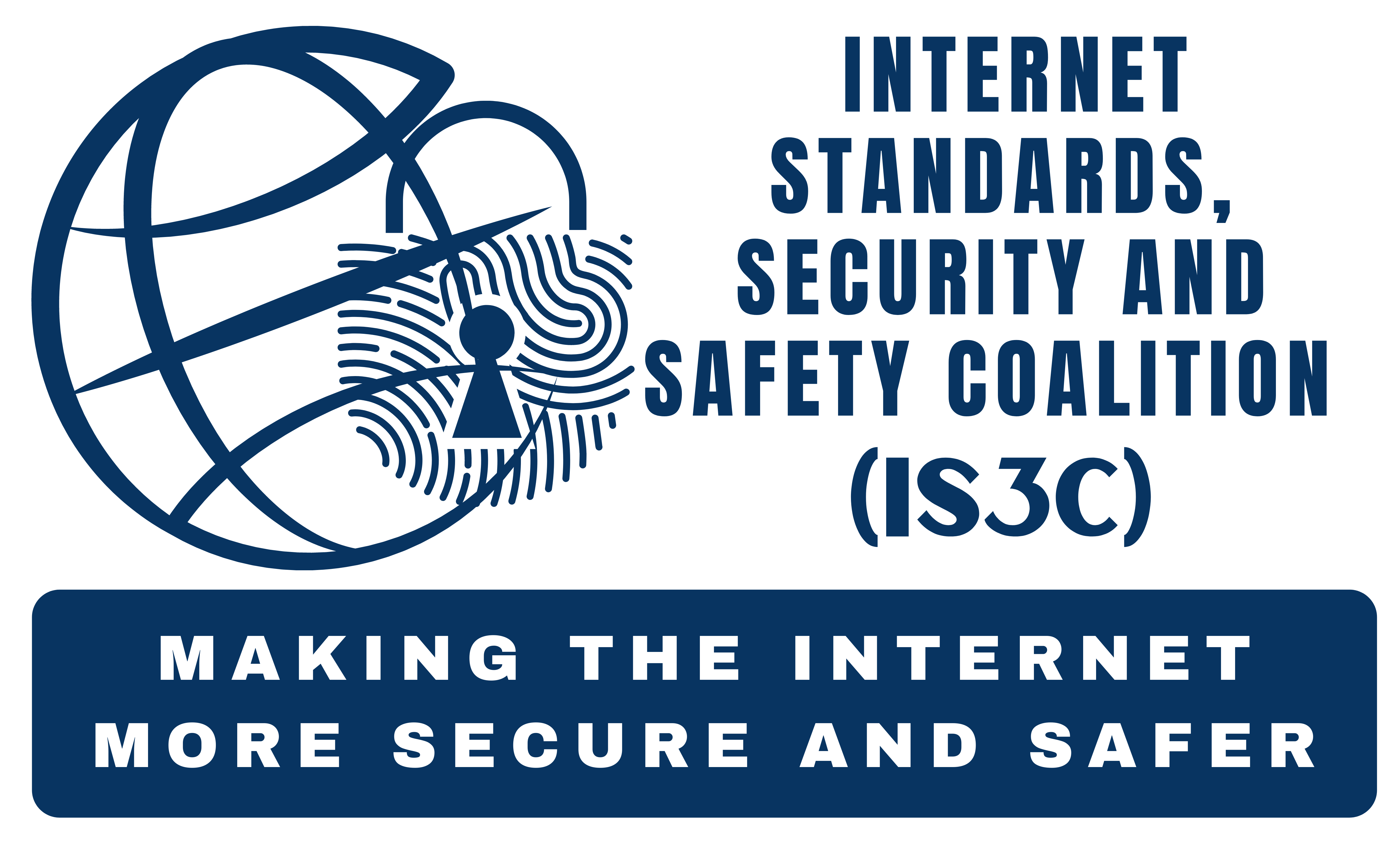Working Group 1: Security by design
The IS3C membership agreed that promoting security by design should be a key objective for the coalition and it was decided to focus in the first phase of its work on security by design of the Internet of Things (IoT). Other security by design topics would be selected following the conclusion of the working group’s proposals relating to IoT.
Research has confirmed that there is a large gap between the theory of security and the daily practice of IoT security. The working group is focussed on identifying the solutions needed to close this gap. The first results will be reviewed and published after the 2021 IGF in an open process of consultation with stakeholders worldwide.

Sub-group on Internet of Things – Mission Statement | June 2021
The document outlines the sub-group's aim of (a) reviewing current security-related IoT initiatives and practices worldwide, and (b) developing a coherent package of global recommendations and guidance for embedding security by design in the development of IoT devices and applications. The report will include the outcome of research questions shared globally.

 Loading IS3C ...................
Loading IS3C ...................







